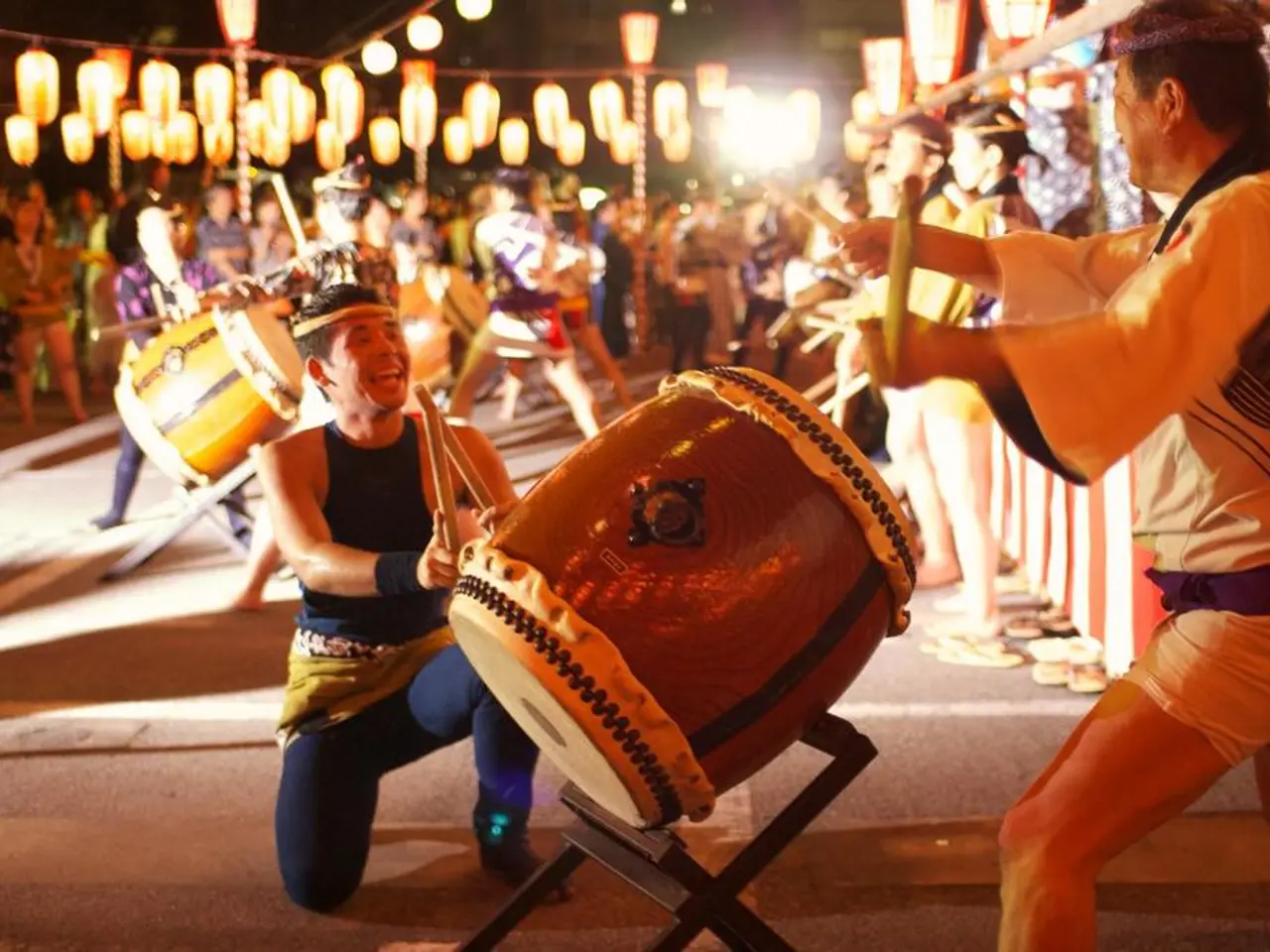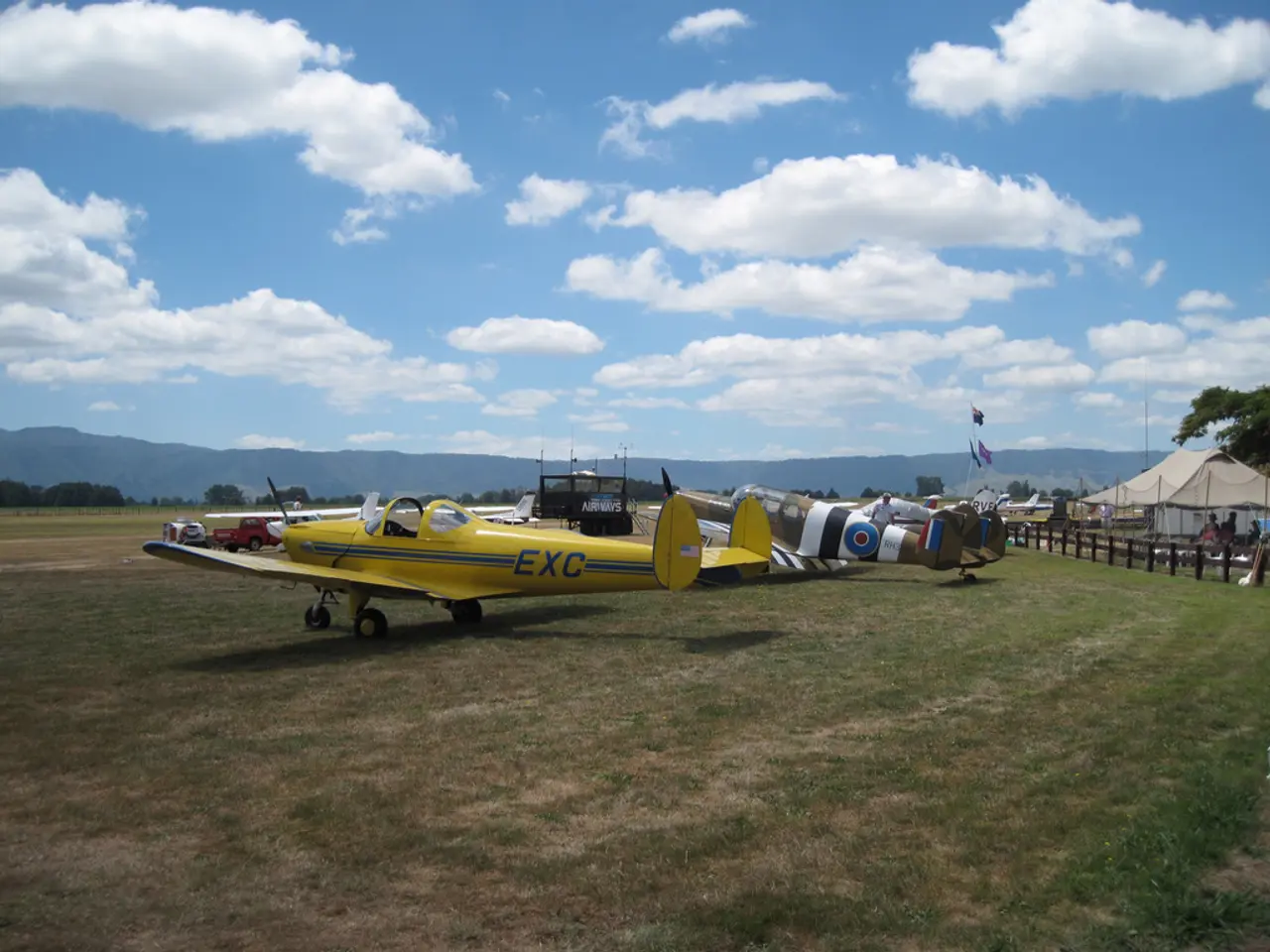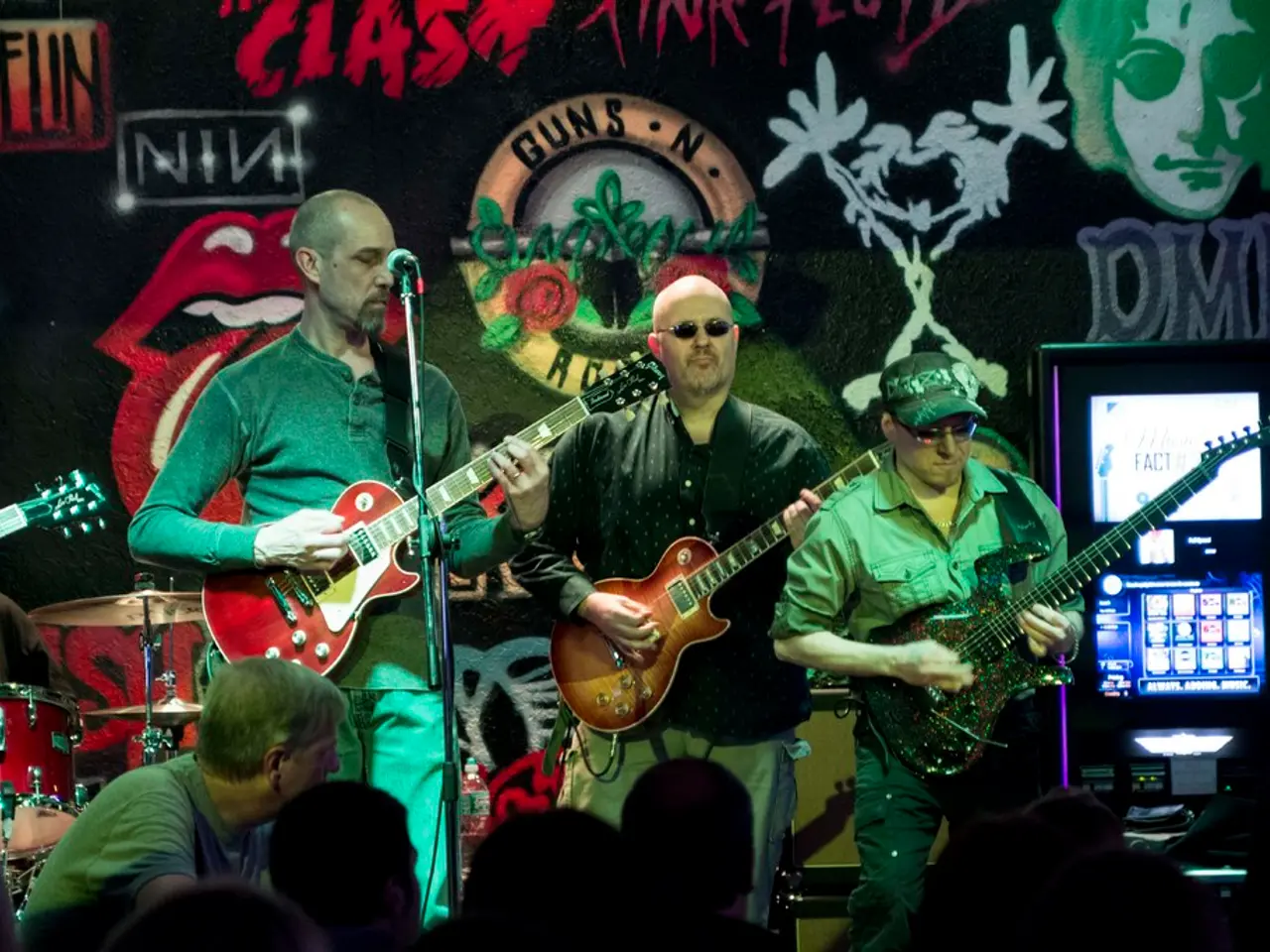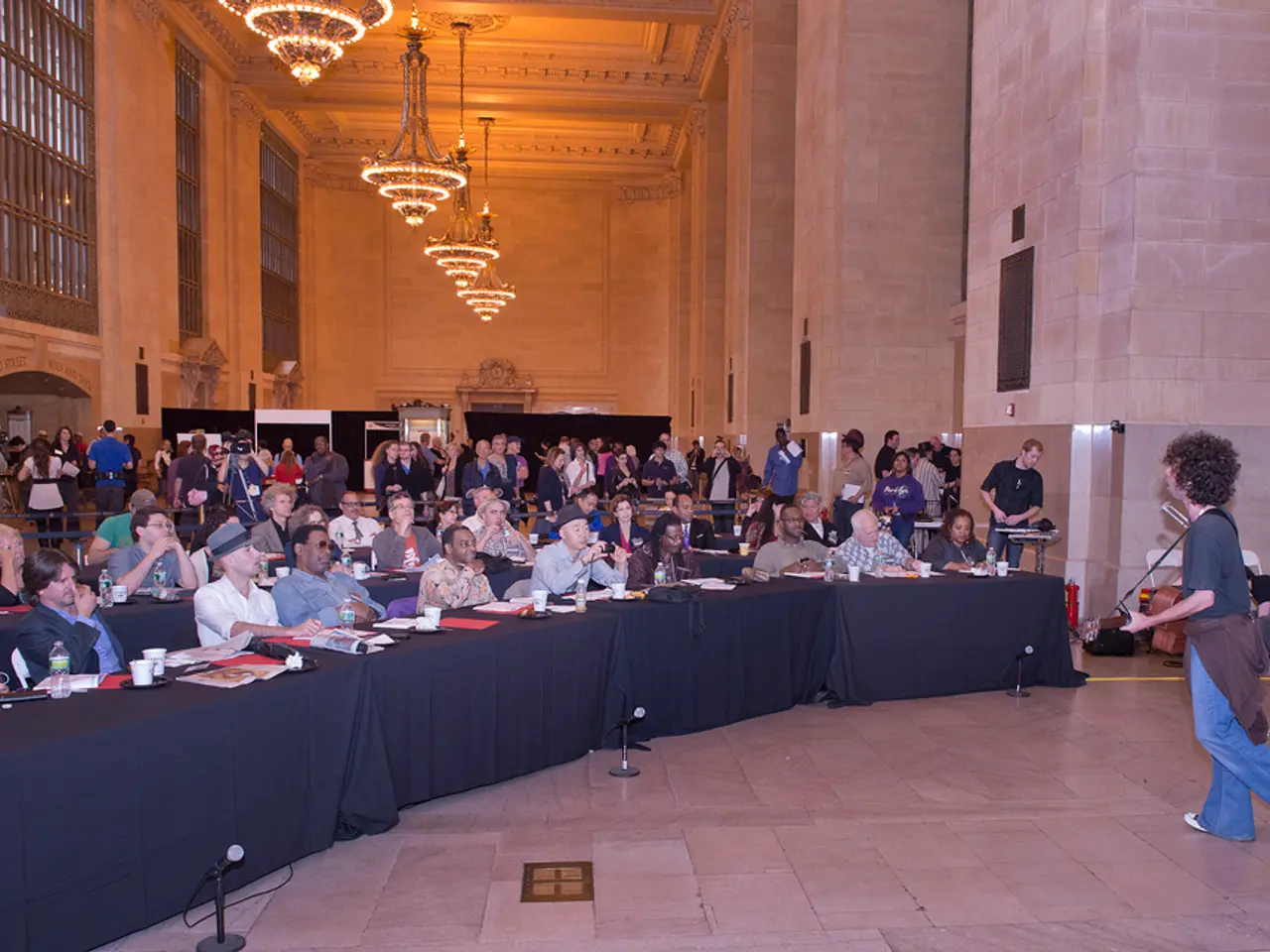Heavy Metal Music Remains Vibrant After Three and a Half Decades
Wacken Open Air Transforms Small Village into International Metal Hub
The Wacken Open Air (W:O:A) Heavy Metal Festival, held annually in the small village of Wacken, Schleswig-Holstein, has grown from a modest gathering of 800 visitors into one of the world's largest heavy metal events. This transformation has had a profound impact on the town and the surrounding region.
A Rich History and Continued Growth
The festival began in 1990 as a small event with local bands and a few hundred fans at a disused pit near Wacken. Attendance steadily increased over the decades, with 5,000 attendees in 1995, 25,000 in 2000, 40,000 in 2005, and over 80,000 by 2010. Today, it attracts visitors from over 80 nations and sells out tickets rapidly despite rising costs.
A Temporary City Emerges
During the festival weekend, the village of around 1,800 residents swells to accommodate approximately 95,000 people, effectively transforming Wacken into a bustling temporary city. This requires extensive infrastructure, including about 1,300 toilets, its own electricity and water supply, waste management systems, mobile medical units, police presence, and transportation logistics.
Boosting the Local Economy
The influx of visitors, musicians, staff, and media generates significant economic benefits for the local economy through hospitality, services, and related business opportunities. Wacken and the wider Steinburg district have become famous internationally because of the festival.
Cultivating a Unique Cultural Identity
Beyond economics, W:O:A has cultivated a unique cultural identity and community centered on heavy metal music. The festival fosters a strong sense of camaraderie and tradition symbolized by the iconic "devil's horn" hand gesture and chants of "Wackeeeeeen!" among attendees.
Global Recognition and Regional Pride
The festival puts Schleswig-Holstein on the global map as a cultural hub for metal music. It has influenced local tourism and pride, making Wacken synonymous with metal culture worldwide.
Contemporary Developments
The festival continues to evolve, featuring a wide array of metal subgenres and expanding its program with readings, panel discussions, and diverse performances like the Wacken United events, further embedding itself in cultural programming. Despite occasional mixed reactions to lineup choices, W:O:A maintains its standing as a flagship festival for metal fans globally.
Overcoming Challenges
In 2020, the festival incurred losses due to the weather conditions, leading to an entry ban and fewer attendees. However, the festival's co-founder, Thomas Jensen, states that the festival is held on an agricultural field and they do not want to change this, despite the associated risks.
Looking Ahead
The 34th Wacken Open Air (July 30 to August 2) has sold out since the end of September. Thomas Jensen plans to celebrate the 35th festival next year and has a few surprises in store, which he will reveal traditionally during the open air. Last-minute attendees can still buy tickets through the official ticket exchange.
Sources: [1] Wacken Open Air Official Website - https://www.wacken.com/en/ [2] Wacken Open Air on Wikipedia - https://en.wikipedia.org/wiki/Wacken_Open_Air [3] Schleswig-Holstein Tourism - https://www.schleswig-holstein.com/en/ [4] Steinburg District Tourism - https://www.steinburg.de/en/ [5] Wacken United - https://www.wacken.com/en/wacken-united/
- Visitors from all around the world come together for entertainment, with Wacken Open Air featuring a wide range of heavy metal music performances, further cementing the festival's status as a global cultural hub.
- The weekend-long festival not only showcases diverse music genres but also fosters a sense of community, encouraging fans to share their shared passion for music through the iconic "devil's horn" hand gesture and collective chants, enriching the cultural identity of Wacken.






